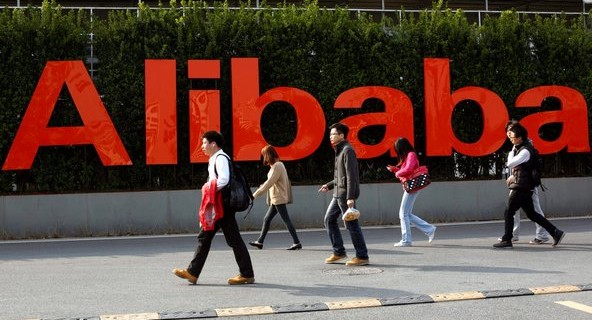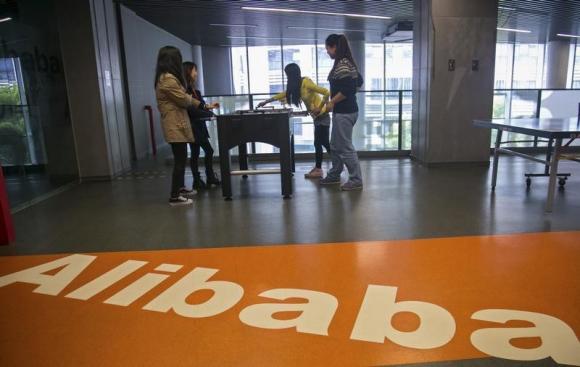Alibaba Has a Computing Cloud, and It’s Growing, Too

Alibaba, the Chinese e-commerce giant, has a growing cloud computing business and a hunger for American companies. And soon, it will most likely have a large amount of cash. Will it take on the American cloud giants?
It would be an amazing change from the way cloud computing seems to be developing. Public cloud computing is the rental of infrastructure, like raw computing power and online data storage, and sophisticated applications. It is a multibillion-dollar business, expected to grow much bigger, and is currently led by Amazon Web Services, or AWS; Google; and Microsoft Azure. IBM and others also have designs on the market.
To date, all of the big global players are United States companies. In a recent evaluation of the cloud infrastructure business, analysts at the technology research firm Gartner counted 15 companies. Just two, Dimension Data and Fujitsu, were not American firms. There was no mention of Alibaba.
Yet according to documents filed with the Securities and Exchange Commission ahead of Alibaba’s proposed public offering, Alibaba had revenue of $102 million from cloud and infrastructure sales last year. That was an increase of 26 percent from a year earlier. That is not the 50 percent annual growth seen at AWS, perhaps, but not bad.
So why isn’t Alibaba an international cloud contender? Particularly since, as The New York Times reported last week, it has sunk a fortune in American tech companies. Not to mention that at least one of the companies high in Gartner’s estimation, Rackspace, told the S.E.C. in May that it had hired Morgan Stanley to find it a partner or acquirer.
A spokesman for Alibaba, citing the company’s quiet period ahead of its I.P.O., declined to comment on its plans. But people with knowledge of the company said that Alibaba, like other possible Chinese contenders, seemed to have its hands full just handling its China business.
Alibaba’s cloud business was formed in 2009. Like AWS, it began as a way of serving the company’s own online commerce and payment businesses. Its external customers are mostly small and medium Chinese companies.
The Chinese website for the service, Aliyun.com, lists mostly Chinese mobile and gaming companies as customers. It also provides online stores for Microsoft and Apple in China. In all, Alibaba says that one million customers tap into its cloud, either directly or through a reseller of computing services.
In other ways, however, the company is a laggard, with just three large data centers in China and a smaller one in Hong Kong. AWS, by comparison, has 25 core regional data centers globally, which are backstopped with 52 smaller “edge locations” around the world. Another regional facility is being developed in China.
In terms of performance, Alibaba cannot come close. For a Chinese site, it does impressive work, handling $5.8 billion in commerce on China’s heaviest shopping day. The Alibaba S.E.C. filing says its cloud does 3.6 million computing transactions a minute. That sounds like a lot, until you consider that the AWS databases alone handle 1.5 million transactions a second.
Like Baidu and Tencent, two other big Chinese online companies with cloud businesses, Alibaba’s focus for now seems to be on mainland China, possibly as a place to learn the business before moving farther out.
Like Alibaba, Tencent recently opened a data center in Hong Kong. Politically, Hong Kong is China’s special administrative region; practically, it can be a midway point between international and domestic commerce. From there, the probable growth would be in Asia, where China has many existing commercial relationships, or Africa, still mostly open territory for cloud computing.
In other words, the American cloud companies should not have to worry in the short term. Further out, however, it’s likely that the Chinese clouds will have a lot of paying customers in the domestic market to fuel additional expansion.
Source: NYT




























